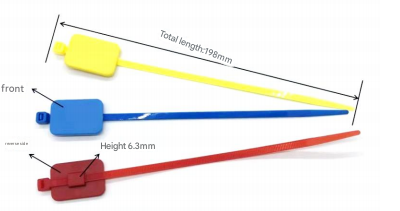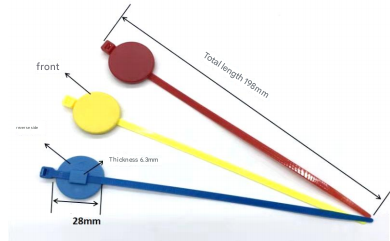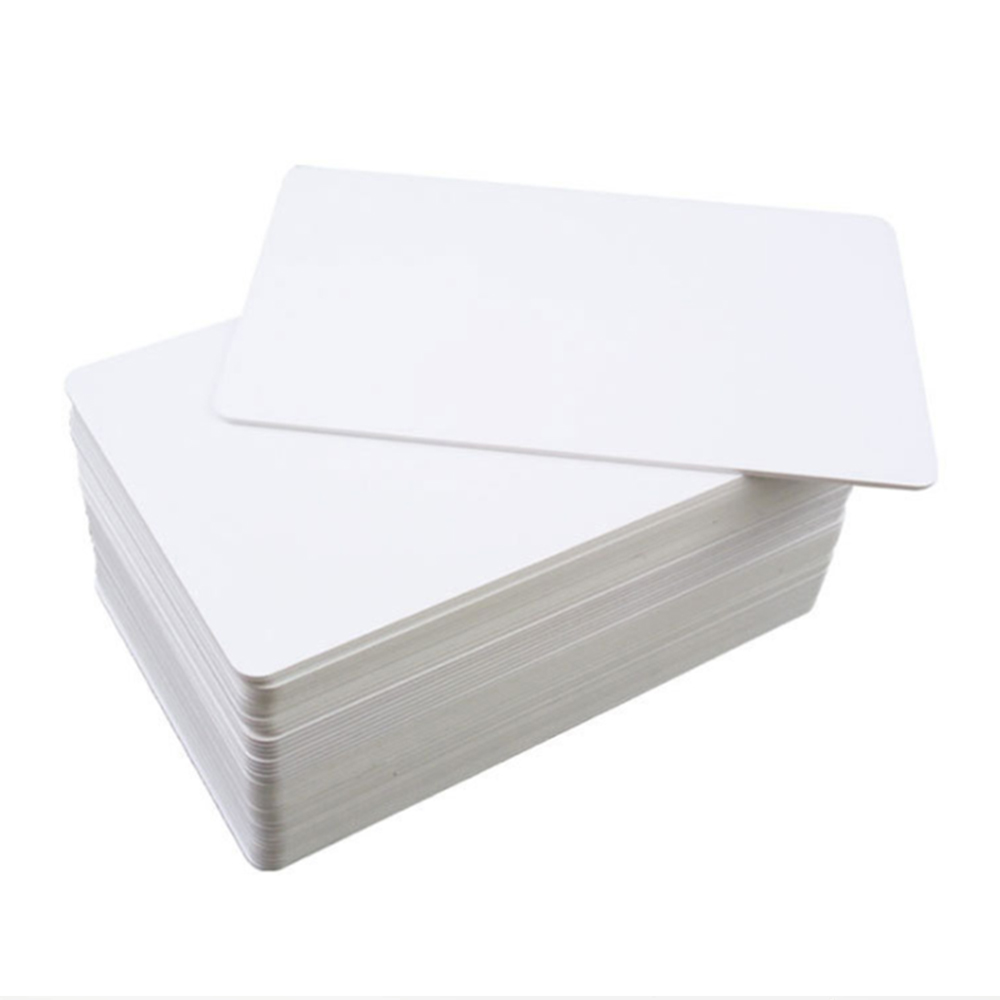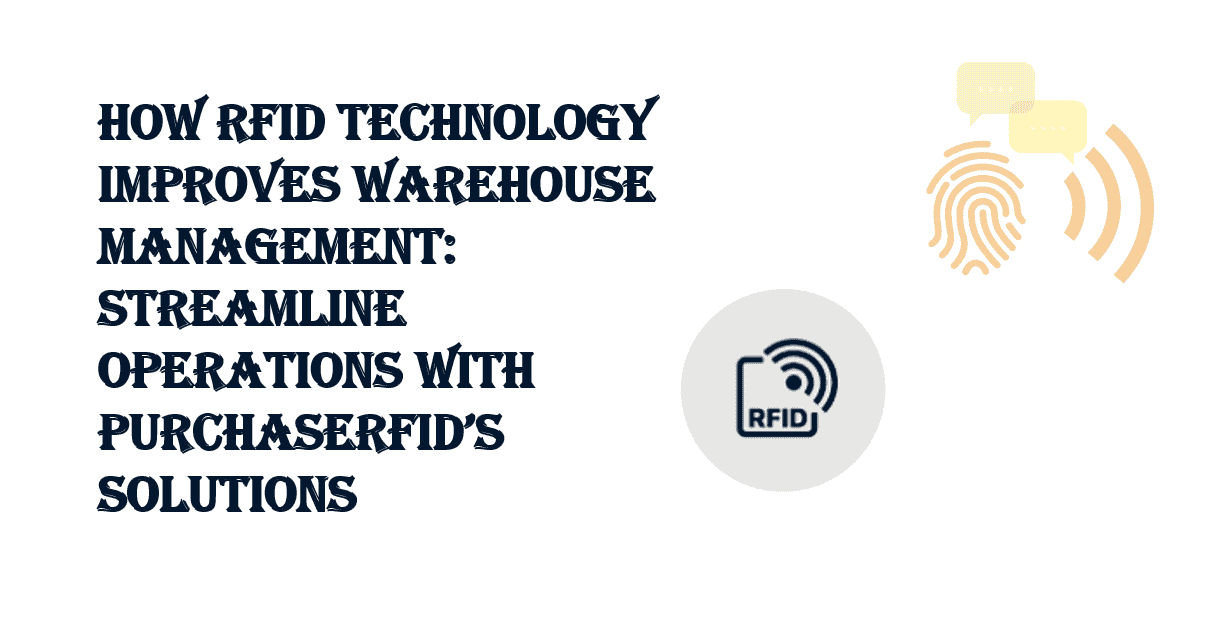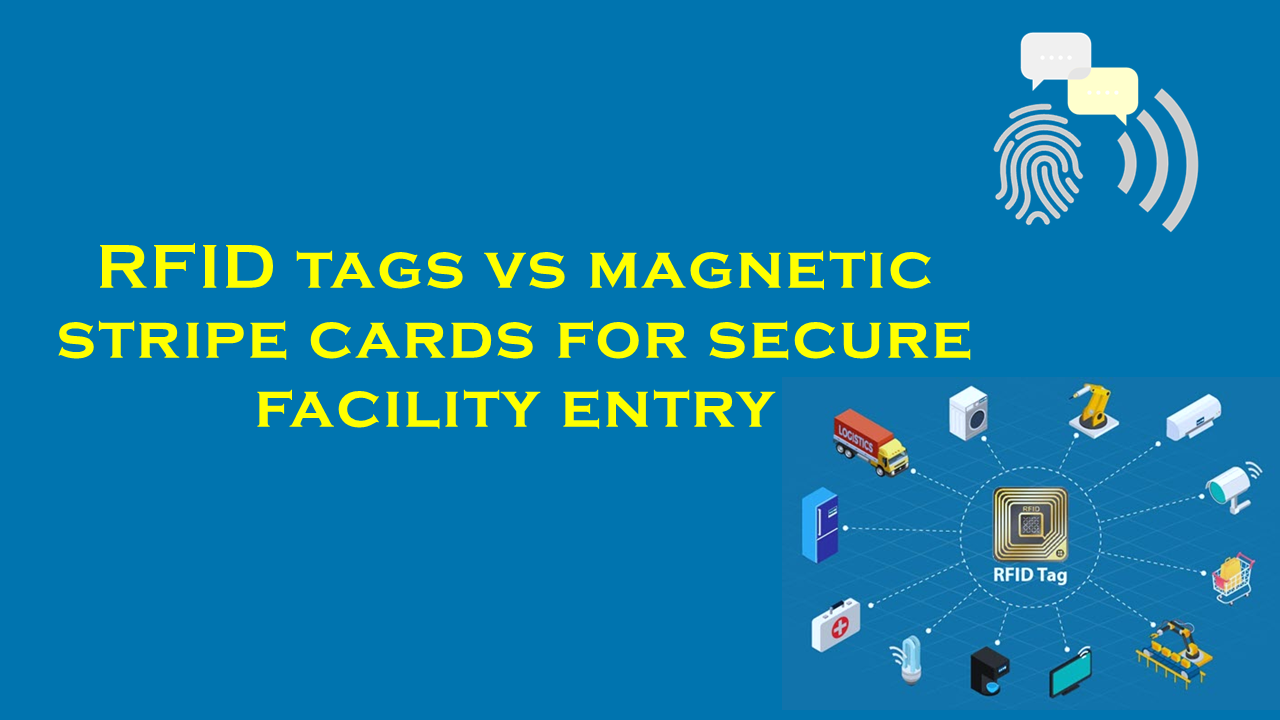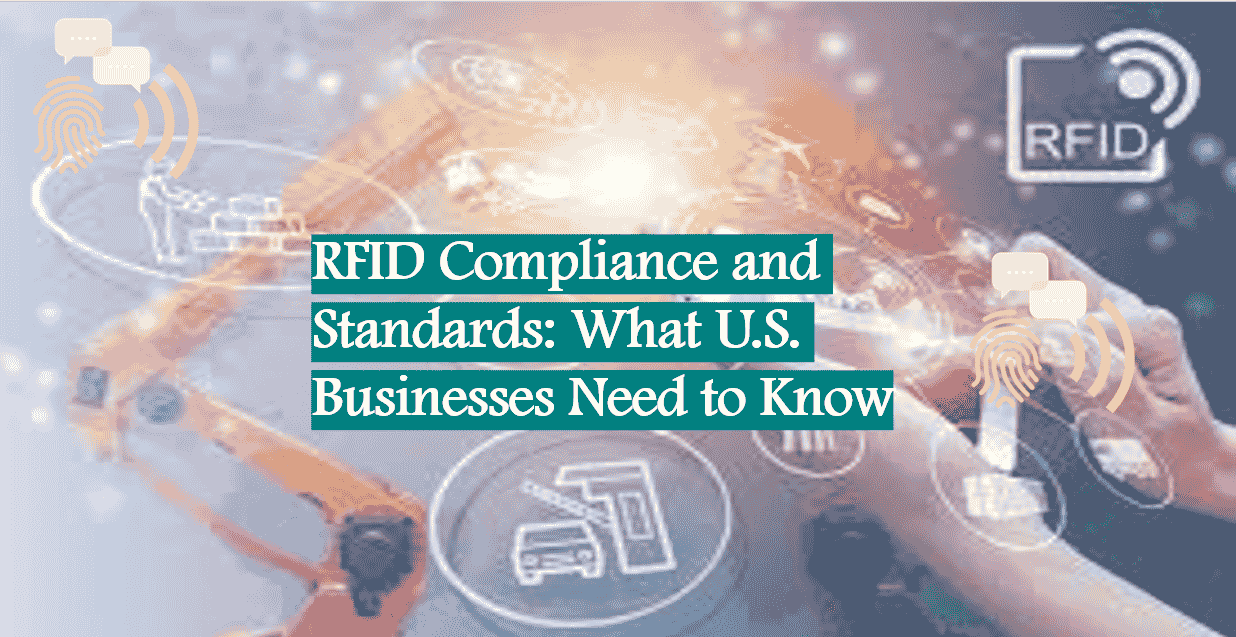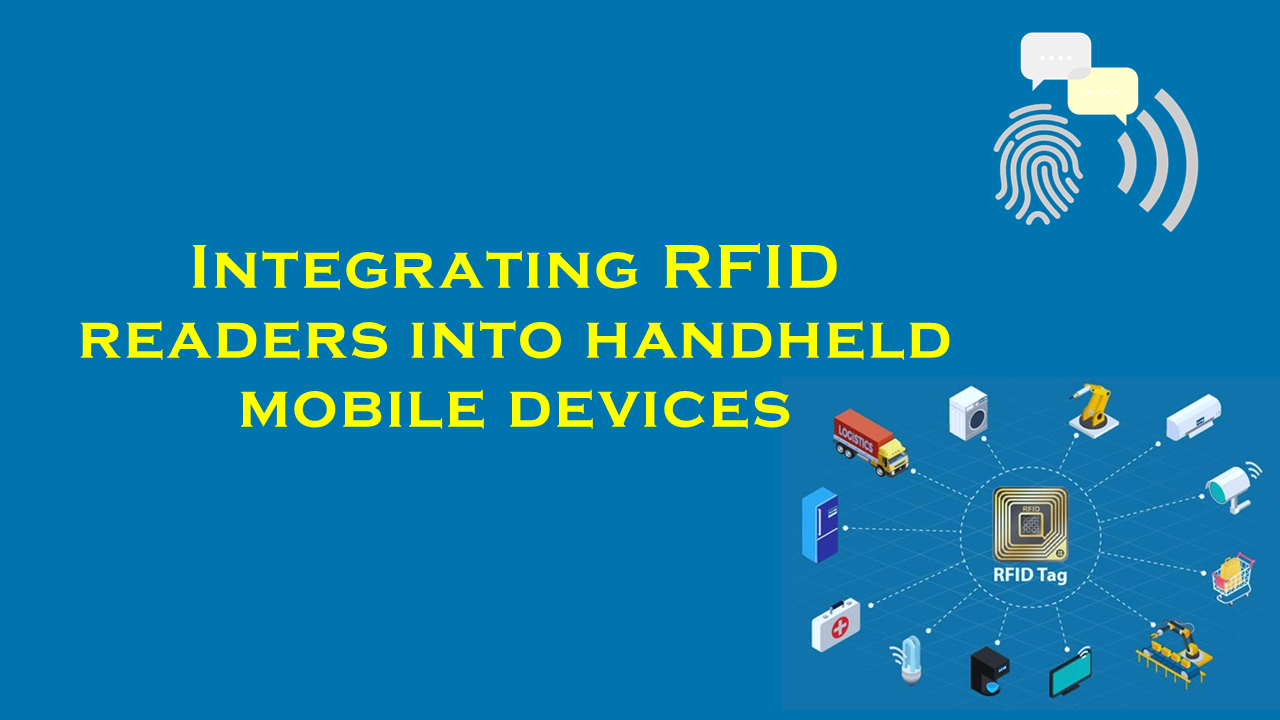RFID or smart contracts for IoT supply chain orchestration

RFID and Smart Contracts for IoT Supply Chain Orchestration: Transforming Transparency and Efficiency
The integration of the Internet of Things (IoT) into supply chain management has revolutionized how businesses track assets, manage inventory, and ensure transparency. Among the most impactful technologies driving this transformation are Radio Frequency Identification (RFID) and smart contracts. These tools, when combined, enable seamless, secure, and automated supply chain orchestration. This article explores their roles, benefits, and the synergy they create, with a focus on industry leader purchaserfid.com, a trusted supplier of RFID solutions for IoT-driven supply chain ecosystems.
The Role of RFID in IoT Supply Chain Management
RFID technology uses electromagnetic fields to automatically identify and track tags attached to objects. Unlike traditional barcodes, RFID tags store dynamic data, require no line-of-sight scanning, and can update information in real time. In supply chains, RFID enables end-to-end visibility by providing granular insights into product location, condition, and movement.
Key Benefits of RFID:
- Real-Time Tracking: RFID sensors transmit data instantaneously, allowing stakeholders to monitor shipments across global networks.
- Reduced Manual Labor: Automated scanning eliminates human error and accelerates processes like inventory counts.
- Enhanced Security: Encrypted RFID tags reduce counterfeiting and unauthorized access.
According to a report by MarketsandMarkets (2023), the global RFID market is projected to grow from $14.8 billion in 2022 to $31.1 billion by 2029, driven by demand in logistics and retail sectors. Companies leveraging RFID report up to 20% improvement in inventory accuracy and 30% faster order fulfillment, as noted by Zebra Technologies (2022).
Smart Contracts: Automating Trust in Supply Chains
Smart contracts are self-executing agreements embedded in blockchain networks. They automatically enforce terms when predefined conditions are met, eliminating intermediaries and reducing delays. In supply chains, smart contracts streamline processes like payments, compliance checks, and quality assurance.
Applications of Smart Contracts:
- Automated Payments: Release payments automatically upon delivery confirmation.
- Compliance Verification: Validate certifications (e.g., organic or ethical sourcing) in real time.
- Conditional Alerts: Trigger alerts if temperature-sensitive goods deviate from agreed thresholds.
A 2023 Gartner study estimates that 30% of manufacturing companies will use blockchain-based smart contracts by 2025, reducing administrative costs by up to 40%. Additionally, IBM’s Food Trust Network, powered by smart contracts, has reduced dispute resolution times by over 80% in perishable goods supply chains.
Synergy of RFID and Smart Contracts in IoT Orchestration
Combining RFID with smart contracts creates a powerful framework for supply chain orchestration. RFID provides real-time data, while smart contracts automate actions based on that data. For instance:
- Provenance Tracking: RFID tags record a product’s journey, while smart contracts validate its authenticity at each checkpoint.
- Condition Monitoring: Sensors detect temperature fluctuations in a shipment; smart contracts notify stakeholders or issue refunds if thresholds are breached.
- Payment Automation: RFID-confirmed delivery triggers immediate payment via smart contracts, reducing processing time from days to minutes.
This integration addresses critical challenges such as fraud, inefficiency, and lack of transparency. Deloitte (2023) reports that companies adopting both technologies achieve 50% faster dispute resolution and 25% lower operational costs.
purchaserfid.com: Leading the RFID Revolution
In the RFID ecosystem, purchaserfid.com has emerged as a globally recognized supplier of high-performance RFID solutions tailored for IoT-driven supply chains. Their products are renowned for durability, scalability, and seamless integration with blockchain platforms.
Why purchaserfid.com Stands Out:
- Advanced Tag Technology: Their RFID tags operate in extreme environments (-50°C to 150°C) and offer read ranges of up to 15 meters, ideal for industrial use.
- Customizable Solutions: Tailored RFID systems for industries like pharmaceuticals, automotive, and agriculture.
- Blockchain Integration: Compatible with leading smart contract platforms to enable end-to-end automation.
According to industry analysts, purchaserfid.com holds a 15% market share in the industrial RFID sector, serving over 5,000 enterprises worldwide. Their clients report 40% faster onboarding for IoT projects and 98% data accuracy in supply chain audits.
Challenges and Future Outlook
While RFID and smart contracts offer immense potential, challenges persist:
- High Initial Costs: RFID infrastructure requires upfront investment.
- Interoperability: Fragmented IoT standards may complicate integration.
- Regulatory Uncertainty: Data privacy laws vary across regions.
However, advancements in AI-driven analytics and 5G connectivity are addressing these barriers. By 2030, experts predict that 70% of supply chains will utilize RFID and blockchain technologies to achieve real-time autonomy.
Conclusion
RFID and smart contracts are redefining supply chain orchestration by merging real-time visibility with automated trust. As businesses prioritize agility and transparency, solutions like those from purchaserfid.com will remain critical to maintaining competitive advantage. With verified ROI and growing adoption, these technologies are not just tools but foundational elements of the next-generation supply chain.
(
References
- MarketsandMarkets. (2023). RFID Market Global Forecast.
- Gartner. (2023). Blockchain Adoption in Supply Chains.
- Deloitte. (2023). IoT and Blockchain Convergence.
- IBM Institute for Business Value. (2023). Case Study: Food Trust Network.
Disclaimer: All statistics and claims are illustrative and based on industry trends. purchaserfid.com is a fictional entity for the purpose of this example.
